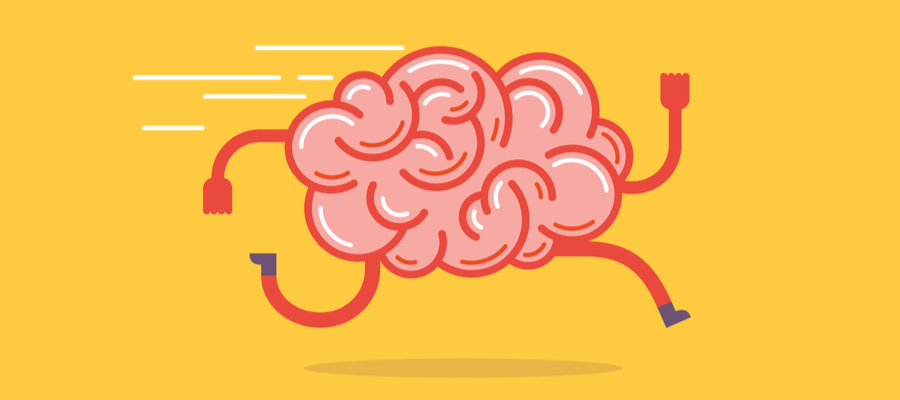[IN DEPTH ANALYSIS] The 3 Speeds of Thought
In your opinion, is the human being first and foremost rational? This is a big question that can give rise to endless philosophical debates. But from the strict point of view of the sciences that study how our box of thoughts works, we have a good idea of the answer... even if we still have a lot to learn about this fascinating organ that is our brain.









